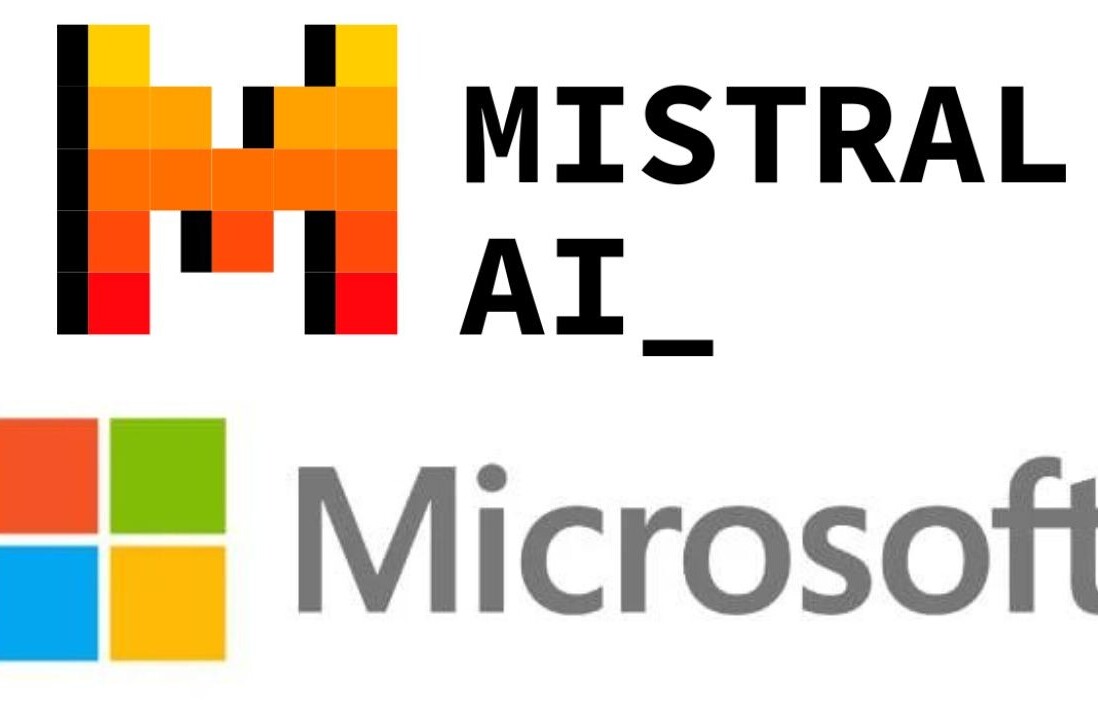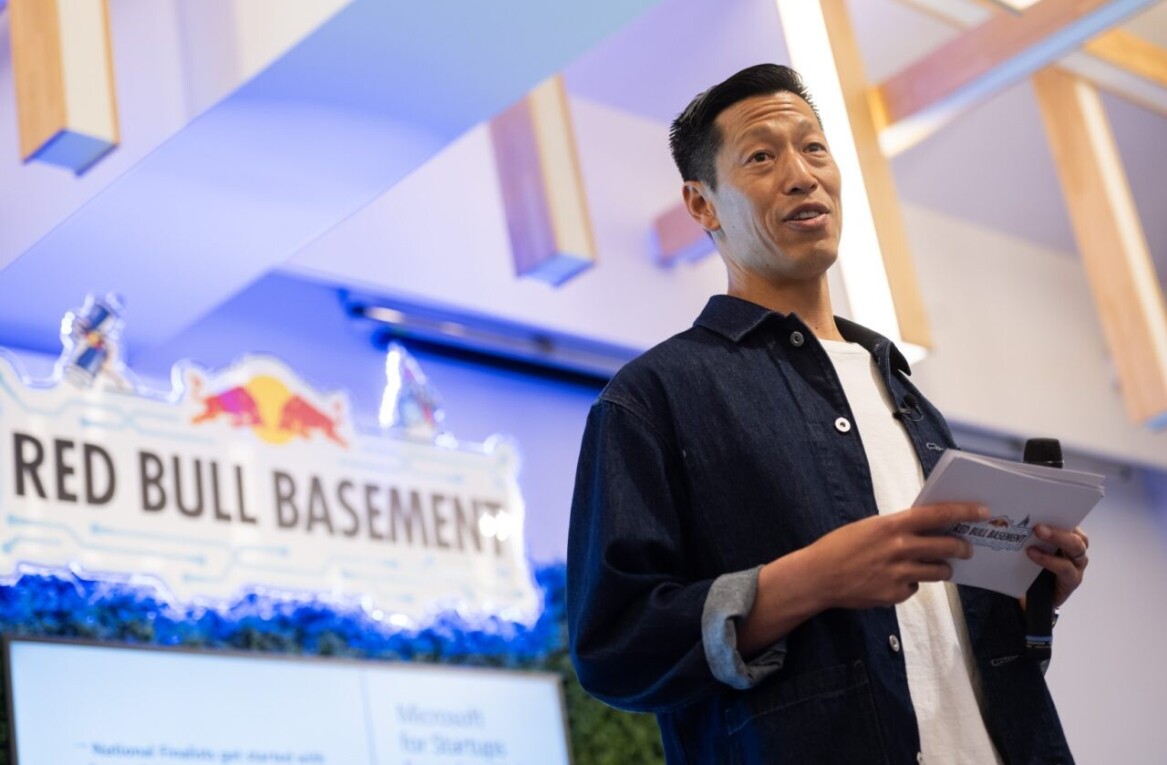
Today Microsoft unveiled a push to both boost the ability for highly-skilled foreign citizens work in the United States, and to help improve education in the country to produce more home-grown talent. Both are aimed at closing the talent gap that plagues technology firms, leaving them without qualified applications, which it referred to as a ‘genuine crisis.’
A report in The Hill detailed the company’s ideas, and its problems. Microsoft’s full announcement can be found here.
The proposals are intertwined. Fees that would be paid on skilled workers using H1B and unused green cards would be invested into ‘STEM’ education here at home. STEM, the acronym for ‘science, technology, engineering, and math,’ is a flash point for immigration reform; there have been repeated calls for easier permanent status for foreign graduates with STEM degrees to stay in the United States.
Employers would pay $10,000 per H1B visa, and $15,000 per unused green card to keep a spot for their employee to stay in the US. This would generate tens of millions of dollars a year in revenue that could be spent on educational work.
According to Microsoft, it has some 3,400 current jobs open in engineering and R&D. The company noted that it fears that “jobs will start to migrate to other countries,” as other nations put a heavier influence on educating students in the skills required to fill those open roles.
That isn’t much of a threat more as it is an understanding that things either improve here in the United States, or the company will be forced to simply go where the qualified applicants are.
Microsoft’s Brad Smith calls “[t]he skill gap is one of the biggest problems Microsoft faces.” It’s not the only company making this sort of noise. TNW spent much ink recently detailing how tight technical talent is in the New York City market.
Congress has recently been working on this issue, working to add 55,000 STEM visas to the United State’s legal immigration program. However, a spat over the ending of the green card lottery stuck that effort fast.
Take this to hear, Washington: Microsoft is working in this issue because you aren’t making enough progress.
Top Image Credit: Robert Scoble
Get the TNW newsletter
Get the most important tech news in your inbox each week.





